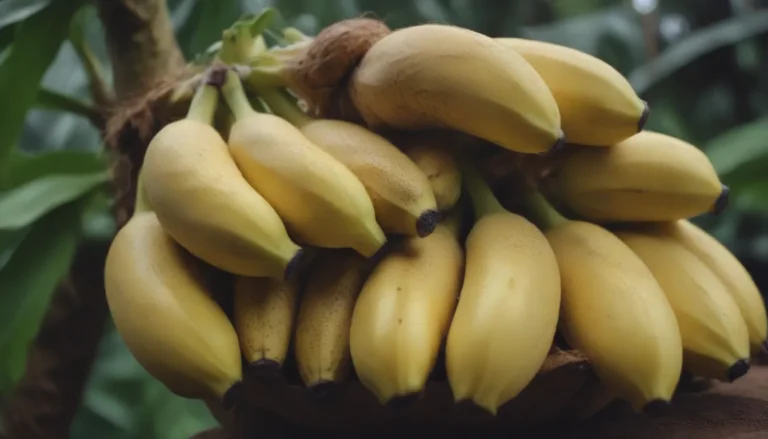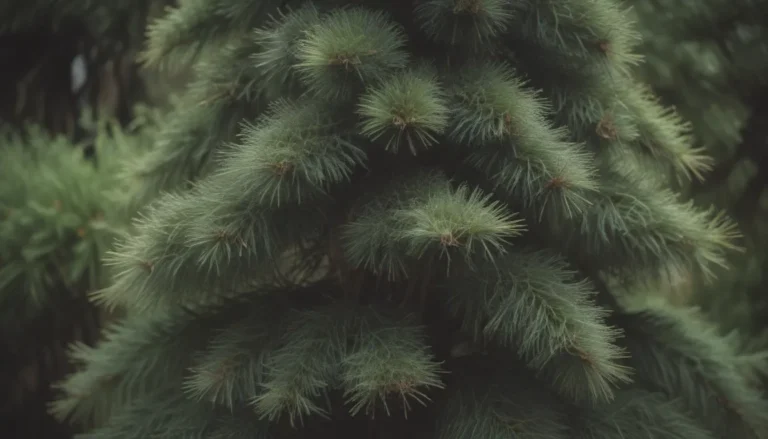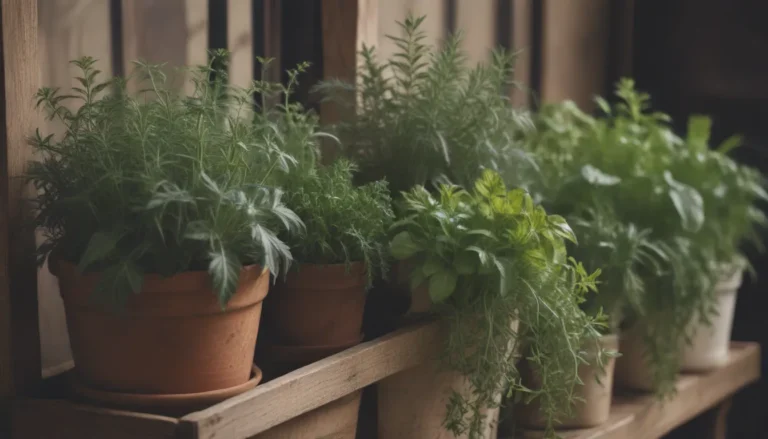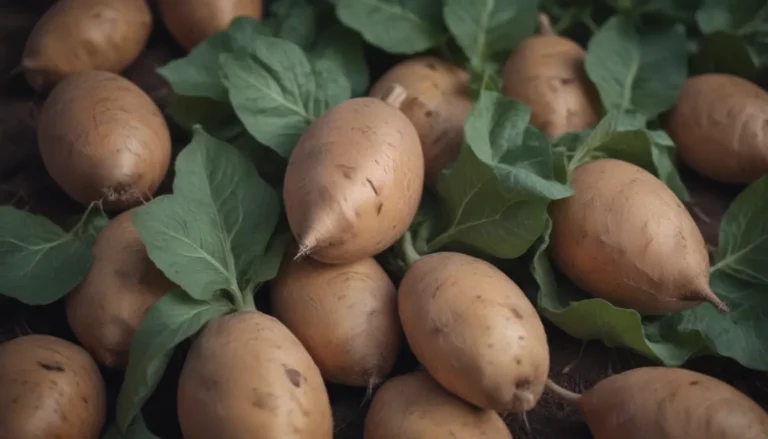All You Need to Know About Bermuda Grass: Planting, Caring, and More!
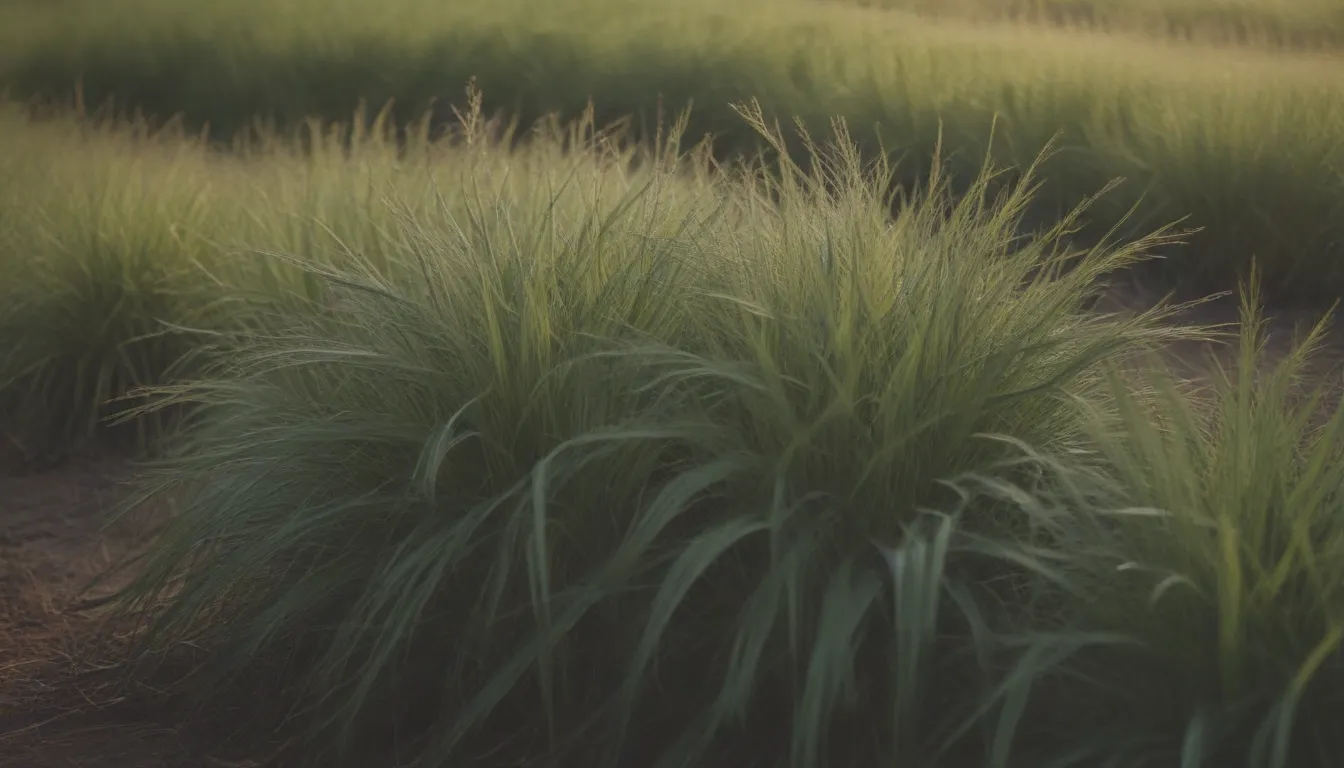
Are you in a warm southern location and in search of the perfect grass species to give you a beautiful new lawn? Look no further than Bermuda grass! This fast-growing perennial grass stays a vibrant shade of green all season long, making it a popular choice for many homeowners. In this comprehensive guide, we will delve into everything you need to know about Bermuda grass – from planting to care to cost. So, grab a cup of coffee, sit back, and let’s dive into the world of Bermuda grass together.
What Makes Bermuda Grass Unique?
Bermuda grass is a popular turf grass found in warm weather locations across the globe. Although it’s not native to Bermuda (surprise!), it can grow invasively like crabgrass. This grass species is known for its excellent drought tolerance and ease of care, making it a favorite among homeowners in warm regions of the United States. But what sets Bermuda grass apart from other grass species? Here are a few key characteristics:
- Drought Tolerance: Bermuda grass is known for its ability to thrive in dry conditions, making it a great choice for areas with limited watering capabilities.
- Durability: This grass can withstand heavy foot traffic, making it ideal for yards where children play or for outdoor gatherings.
- Fast Growth: Bermuda grass is a fast-growing species, quickly establishing a lush, green lawn in a short amount of time.
- Versatility: It is commonly used on athletic fields and golf courses, proving its resilience and adaptability to different environments.
Planting Bermuda Grass: A Step-by-Step Guide
If you’ve decided to plant Bermuda grass in your yard, it’s essential to follow the right steps to ensure successful growth. Here’s a handy guide to help you get started:
- Seed Selection: Purchase one to one and a half pounds of Bermuda grass seed for every 1000 square feet of area you plan to cover.
- Soil Preparation: Before sowing the seeds, prepare the soil by raking it to create small ruts where the seeds can settle and be covered.
- Sowing: Use a seed caster to evenly distribute the seeds across the prepared soil, taking care not to overseed, especially in the first year.
- Watering: Keep the soil damp after sowing to facilitate germination, with seeds typically sprouting within three to seven days.
- Maintenance: Once established, Bermuda grass thrives in drought conditions but requires regular watering and mowing to maintain its health and vigor.
Remember, the key to successful Bermuda grass planting lies in proper preparation and maintenance. With a little care and attention, you’ll soon be enjoying a lush, green lawn that will be the envy of your neighbors.
Caring for Your Bermuda Grass: Essential Tips and Tricks
Now that you’ve planted your Bermuda grass, it’s time to focus on its care and maintenance. Proper lawn care is crucial for ensuring your grass stays healthy and vibrant all season long. Here are some essential tips to help you care for your Bermuda grass:
- Winter Cleaning and Dethatching: In late January, consider cleaning up your lawn and dethatching to prepare for the upcoming growing season.
- Core Aeration: In March and April, aerate your lawn to prevent soil compaction and improve drainage.
- Weed Control: Use herbicides to control weeds, applying pre-emergent herbicides in late winter and post-emergence herbicides as needed.
- Pest Control: Check for pests such as grubs and apply insecticides if necessary to prevent damage to your grass.
- Fertilizing: Perform a soil test early in the year to determine the right type of fertilizer for your Bermuda grass.
- Watering: Water your grass regularly, especially during dry periods, to keep it healthy and vibrant.
- Mowing: Maintain a mowing schedule, keeping the grass height at around 1.5 inches to promote healthy growth.
By following these care tips, you can ensure your Bermuda grass remains lush and vibrant throughout the year, providing a beautiful backdrop for your outdoor activities.
Understanding the Cost of Bermuda Grass
When considering planting Bermuda grass, it’s essential to factor in the cost of seeds, sod, or plugs. The cost of Bermuda grass can vary depending on the project size and the type of grass you choose. Here is a general overview of Bermuda grass costs:
- Seed: On average, Bermuda grass seed can cost around $20 per pound, with larger quantities priced at $75 for 15 pounds and $250 to $400 for 50 pounds.
- Sod: A pallet of Bermuda grass sod typically costs around $400 and covers approximately 500 square feet.
- Plugs: Bermuda grass plugs are priced at around $35 and cover about six square inches.
When calculating how much Bermuda grass you need, keep in mind that you’ll require one to one and a half pounds of seed per 1000 square feet of soil. While Bermuda grass is a popular and affordable choice for many homeowners, it’s essential to consider your budget and project requirements before making a purchase.
Conclusion
In conclusion, Bermuda grass is an excellent choice for homeowners looking to establish a lush, green lawn in warm weather regions. Its durability, fast growth, and drought tolerance make it a popular turf grass for residential lawns, athletic fields, and golf courses. By following the planting, care, and maintenance tips outlined in this guide, you can enjoy a vibrant Bermuda grass lawn that enhances the beauty of your outdoor space. So, roll up your sleeves, get your hands dirty, and watch your Bermuda grass thrive and flourish in your yard. Happy planting!
